
From sugarcane economy to business hub

On the island of Mauritius, palm trees and white powdery sand line the coast, surrounded by clear, turquoise waters that seem to stretch on forever.
Known as the Pearl of the Indian Ocean, Mauritius is a dreamy tropical paradise for beach-lovers and vacationers alike.
But it is more than just a holiday destination.
From its humble beginnings as a low-income economy that was dependent on agriculture, Mauritius in recent years has transformed itself into one of the best-performing economies in Africa, attracting sizable foreign investments across multiple sectors.
Gross domestic product (GDP) growth has remained consistently above 3 percent since 2006, and more than 4 percent in the past three years, led by the burgeoning tourism and textile industries.
This year, the 492 billion Mauritian Rupee (€12.5 billion) economy is set to grow steadily again by 4 percent, as estimated by the International Monetary Fund.
The Mauritian miracle
But Mauritius’ road to economic success was a far cry from its idyllic beaches and romantic sunsets.
As Rahman Bholah, Country Manager of DHL Express Mauritius, explained: “For Mauritius, it’s quite simple. It’s about fighting for survival.”
In the past, the fortunes of the economy were irrevocably tied to a single crop: sugarcane. The untenable situation led the Mauritian government to embark on key reforms to diversify the economy, moving into textile and clothing manufacturing by the 1990s.
More recently, the country, home to a population of some 1.3 million, expanded into tourism and financial services. These efforts paid off.
By 2017, Mauritius had a real average GDP per capita of US$20,293 (€17,721) — representing a 175 percent increase over the GDP per capita of US$7,387 in 1990.
Sugar production accounts for less than 2 percent of Mauritian GDP today, although it remains a significant export that rakes in considerable earnings in foreign exchange.
Meanwhile, Mauritius’ continued efforts to transform the economy has even placed it in the top rungs of business-friendly locations globally.
Mauritius’ economic success
Mauritius’ economic success
- Ranked 20th in the World Bank’s latest Ease of Doing Business Survey — the only Sub-Saharan African economy to have done so — for having introduced business reforms methodically over time
- Named Sub-Saharan Africa’s most competitive economy in the World Economic Forum Global Competitiveness Report 2018
Source: World Bank, World Economic Forum
Despite its success, the government continues to seek ways to reinvent the economy. It currently has its eye set on attracting companies engaged in advanced technologies, such as Artificial Intelligence and blockchain, as well as the blue economy.
“We don’t produce much in Mauritius, but we can facilitate the trade out of the country,” said Bholah. “Mauritian people are steadfast in making sure we don’t lose what we’ve grown so far.”
Keeping an eye on the horizon
Central to Mauritius’ remarkable economic transformation and trade-led growth has been the logistics industry, which still serves as a key enabler for the manufacturing, trade and services sectors.
To facilitate trade, the government in recent years has taken pains to build up its road, sea and land infrastructure.
Ocean freight, in particular, stands out as the most common way of transporting goods in and out of the country that sits right in the middle of the Indian Ocean. The opening up of the aviation industry to major international airlines since 2006 has also boosted connectivity significantly and pared down transit times dramatically.
More work is currently underway. The Mauritian government has planned for massive investments into road, sea, and land including 47 billion MUR to turn its capital Port Louis into a major logistics and transport hub in the region.
All of these efforts will open up more opportunities for businesses and help drive growth, especially in up-and-coming industries, Bholah noted.
He pointed to the e-commerce business, for instance, which is on the rise. Mauritius was ranked the most prepared country in Africa for shopping online, according to UNCTAD’s Business-to-Consumer E-commerce Index for 2018.
Of the shipments DHL Express Mauritius handles on a daily basis such as textile samples and bank documents, the proportion of items related to e-commerce is quickly growing, said Bholah.
At the same time, Mauritius is also fast gaining a reputation as a re-export hub.
“We have many businesses here handling precious, high-value vanilla beans for instance. They arrive from Madagascar via ocean freight, and are then treated or repackaged before being shipped off to places like the US,” added Hale Toksabay, Country Manager, DHL Global Forwarding Mauritius.
“Having the right strategic infrastructure would lay the foundation for us logistics players to do our job as an enabler.”
ALSO WORTH READING
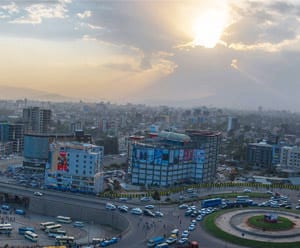

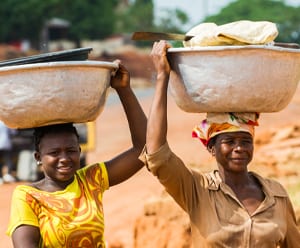
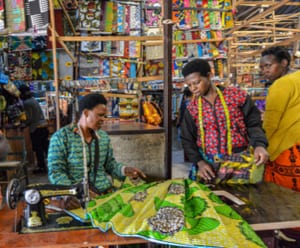
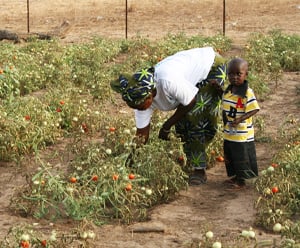


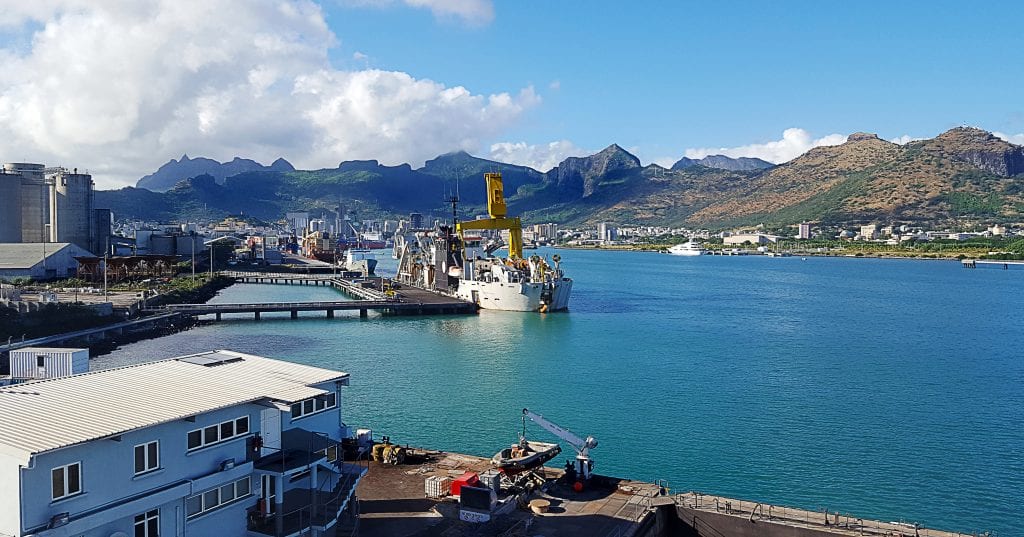





 English
English